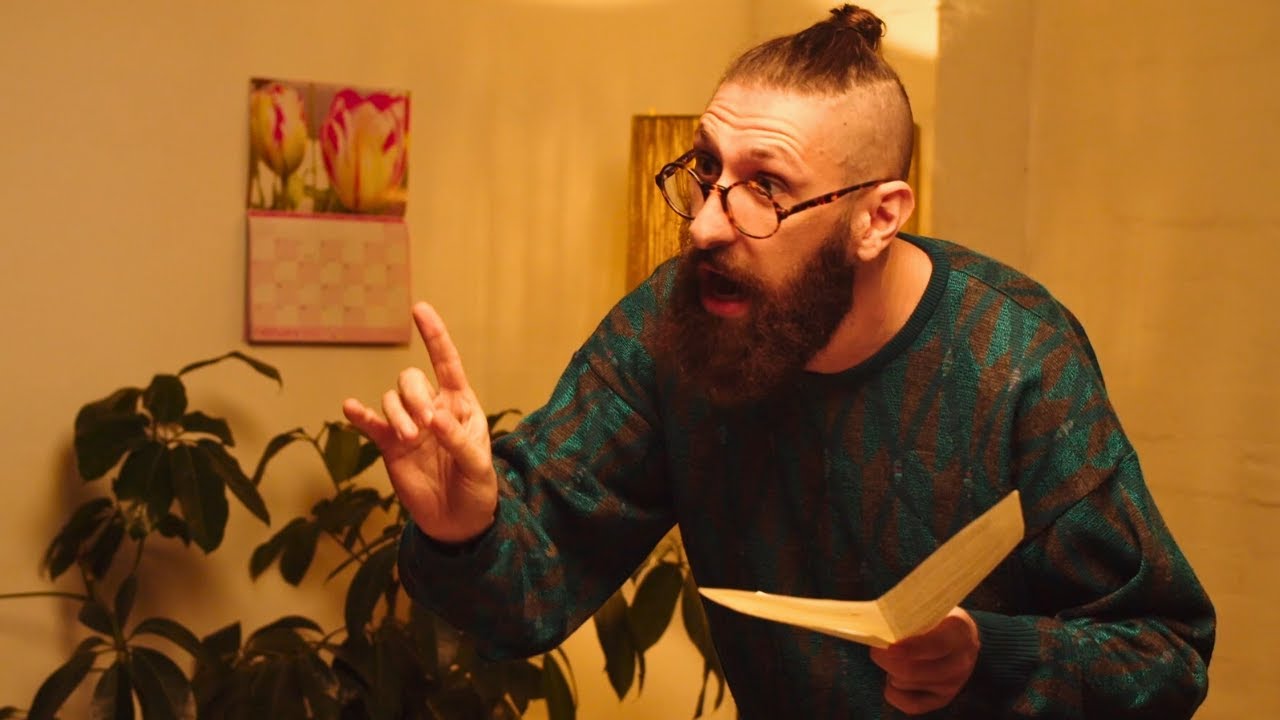

Just to be clear I wasn’t being feacious genuinely curious as to the specifics as I’m not as familiar with haulage.
I suspect there is an argument that we’ve made cargo transport too cheap and its skewed the economics of local vs outsourced production.
My preference would be pantograph systems on the motorways and main routes which we could roll out quite quickly and remove the majority of emissions coupled with a systemic look at our material needs and production capacities locally with a view to lowering volumes
The Silvertown tunnel (and lower thames crossing) in London would be a good example where we are rebuilding our infrastructure along the lines of sustained and increased haulage along certain routes at great public expense so I guess this could be considered an indirect subsidy.





I’m not really sure that’s true. Labour has also downgraded its climate ambitions and ruled lots of necessary change out in favour of promising technosolutions. That means when change is needed the expectations have not been managed and we risk a megabacklash. The victory is dramatic and large but mainly due to FPTP. The victory is very shallow beneath the surface with lots of marginal seats and in lots of them Tory+Reform share is bigger than the labour share.
We can absolutely enjoy this moment but the big fight for climate I think has only just begun in the UK.